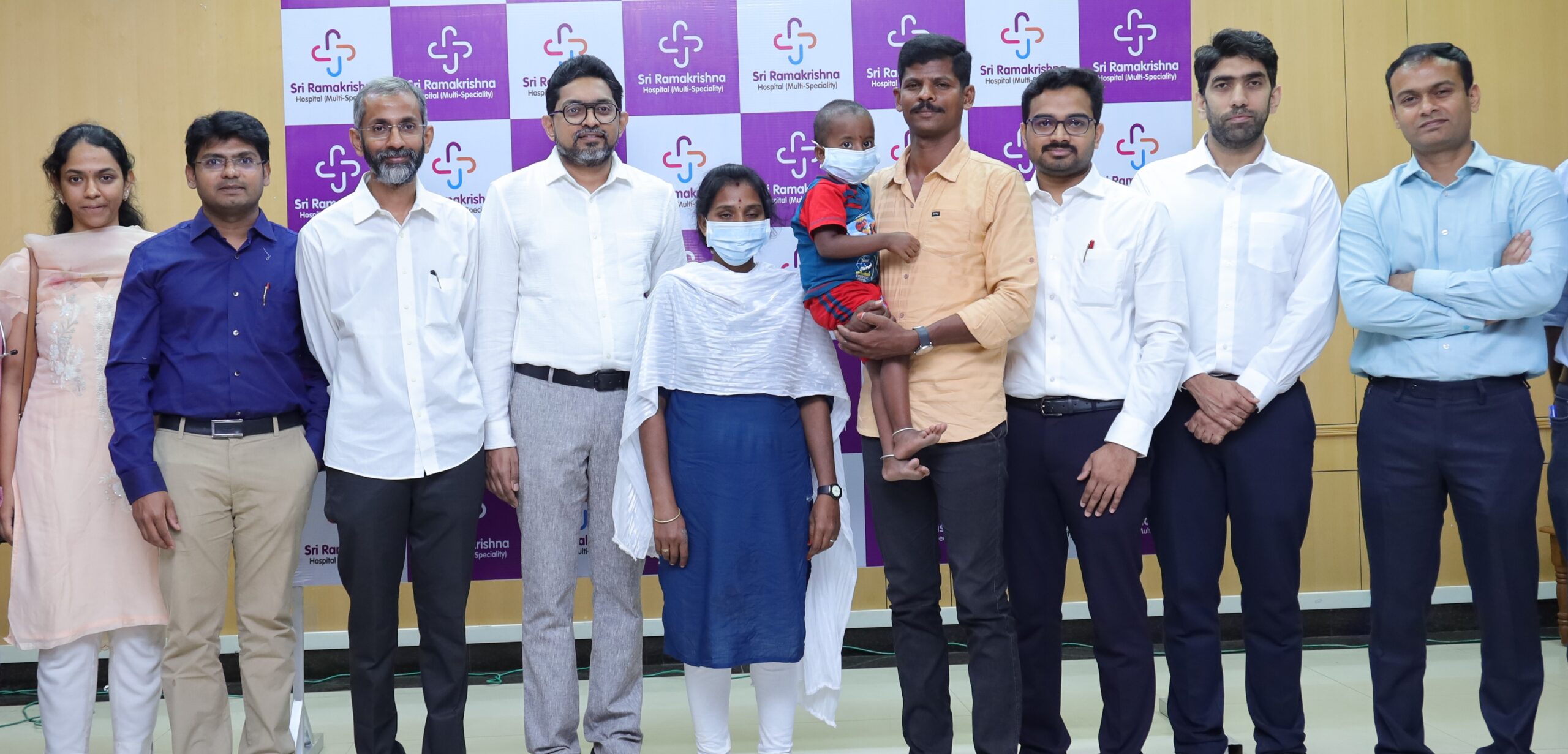Trending Now
- 830 voters names go missing in Kavundampalayam constituency
- If BJP comes to power we shall consider bringing back electoral bonds: Nirmala Sitaraman
- Monitoring at check posts between Kerala and TN intensified as bird flu gets virulent in Kerala
Coimbatore
Crash course on converting trash to manure
![]() November 21, 2018
November 21, 2018
Illam Thoarum Iyarkai Uram held a training session at Thiruvalluvar Nagar in Vadavalli on November 18 on waste management through home composting. Material from kitchens account for 50 per cent of household waste in the country. The country generates 62 million tonne of waste annually growing at 4 per cent, according to PIB figures of 2016.
Composting at home is one of the best sustainable solutions to divert kitchen scraps from landfills in Vellalore. Landfills are not an ideal place to create compost as the food waste along with plastic and metal turns toxic because of long hours of exposure. Further, the dumped waste at the bottom of the pile gets no access to oxygen, says an expert.
Home composting is simple, low-cost and economical for managing household organic waste. The generated waste can be divided into three major categories: organic (all kinds of biodegradable), dry (or recyclable) and biomedical (or sanitary and hazardous).
Muthukumar, member of Illam Thoarum Iyarkai says, “The vision is to promote individual or community-level composting. There are multiple ways of composting. First one is with soil. If one has 5 ft soil at home one can have just put two pits of 2X2 and can start putting the waste. Earth will take care of the further process and convert the waste into manure. Cowdung or buttermilk can be added to accelerate the process”
Another method is to take a 20-litre paint bucket with a lid. One can put 12 holes around the bucket and at every 90-degree interval i.e. top, middle and 3 inches above the bottom and have 12 holes on the lid. Once this is done, at the bottom 1-inch layer of coir pith block, dry leaves or shredded paper can be spread. After that, food waste in added in layers alternating wet waste (food scraps, vegetable and fruit peels) with an equal amount of dry waste (straw, sawdust, dried leaves).
The dry waste is to absorb the excess moisture. In about 20-30 days, the stuff can be transferred to grows bags. Every few days, use a rake to give a pile a quick turn to provide enough aeration. If the pile is too dry, some water has to be sprinkled. After 40 days, the pile should be dry, dark brown, crumbly and smelling of earth making it manure for use.
According to World Bank, India’s daily waste generation will reach 377,000 tonnes by 2025. The waste generated overloads municipal systems. “The key to a clean, garbage free city lies in citizens doing their civic duty of source segregation and composting. Composting on a large scale will improve soil fertility, increasing agricultural productivity, restoring nitrogen cycle in the soil which in turn improves soil biodiversity, reduces ecological risks and creates a better environment,” says Ram Narayan, member of Illam Thoarum Iyarkai Uram.
The ambition is to create awareness on a large scale. Every household has the capacity to produce 5 kg of organic manure per month. We will have 250 tonnes and can replace chemical fertilisers requirements in the city, says Muthukumaran.
Decentralised waste management through the participation of citizens, as responsible waste-care volunteers, can ensure sustainable waste management in future saving resources and reducing pollution.























